

C ANADIAN FEDER ATION OF APARTMENT C ANADIAN FEDER ATION OF APARTMENT
A SSOCIATIONS REBR ANDS A S A SSOCIATIONS REBR ANDS A S
RENTAL HOUSING C ANADA AND NAMES
RENTAL HOUSING C ANADA AND NAMES
TONY IRWIN PRESIDENT AND CEO TONY IRWIN PRESIDENT AND CEO
TBD
By Tony Irwin, Interim President, CFAA
The Canadian Federation of Apartment Associations (CFA A) is proud to announce an exciting new chapter in its history. Effective immediately, CFA A will operate under its new name: Rental Housing Canada (en français : Logement Locatif Canada). This rebrand reflects the association’s renewed vision and commitment to representing the full spectrum of Canada’s rental housing providers.
The transformation to Rental Housing Canada comes on the heels of a year marked by fresh leadership, team expansion, and a sharpened focus on elevating the voice of rental housing at the national level. The new name more accurately reflects the association’s broad membership, comprising owners and managers of residential rental housing across the country, from large-scale developers to independent rental housing providers.
“The name ‘Canadian Federation of Apartment Associations’ no longer captures the breadth of our work,” said Tony Irwin, newly confirmed Pres inclusive, instantly recognizable, and forward-lookin policy advocacy, and commitment to innovation. Ou better reflects whom we serve and our mission to b unified voice for rental housing across Canada.”
In tandem with the name change, the association is to announce that Tony Irwin, previously serving in a capacity, is now the official President & CEO of Ren Canada. Under Tony’s leadership, the organization w to drive innovation, foster collaboration, and champ that support a strong and stable rental housing mar coast to coast.
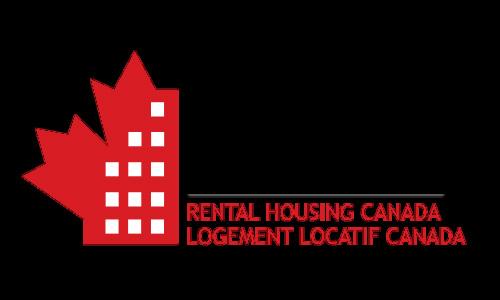



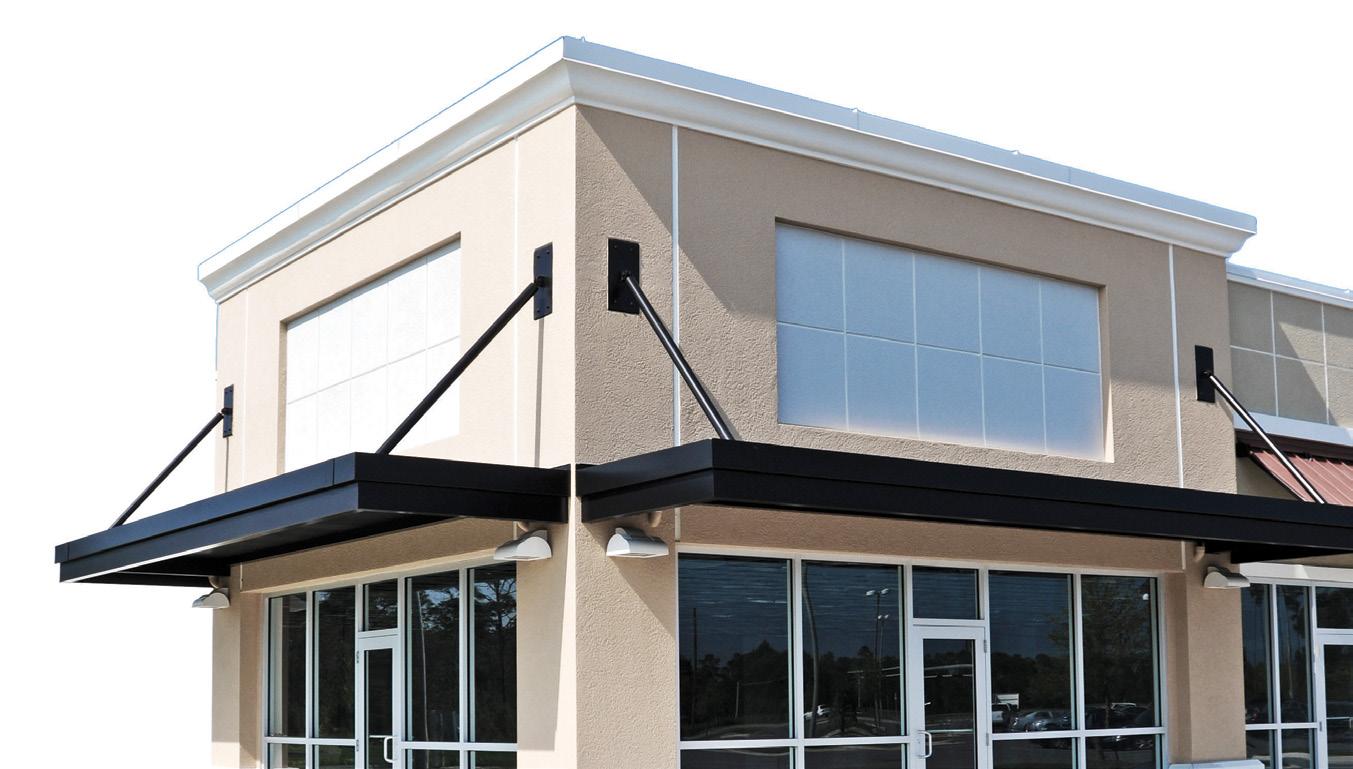
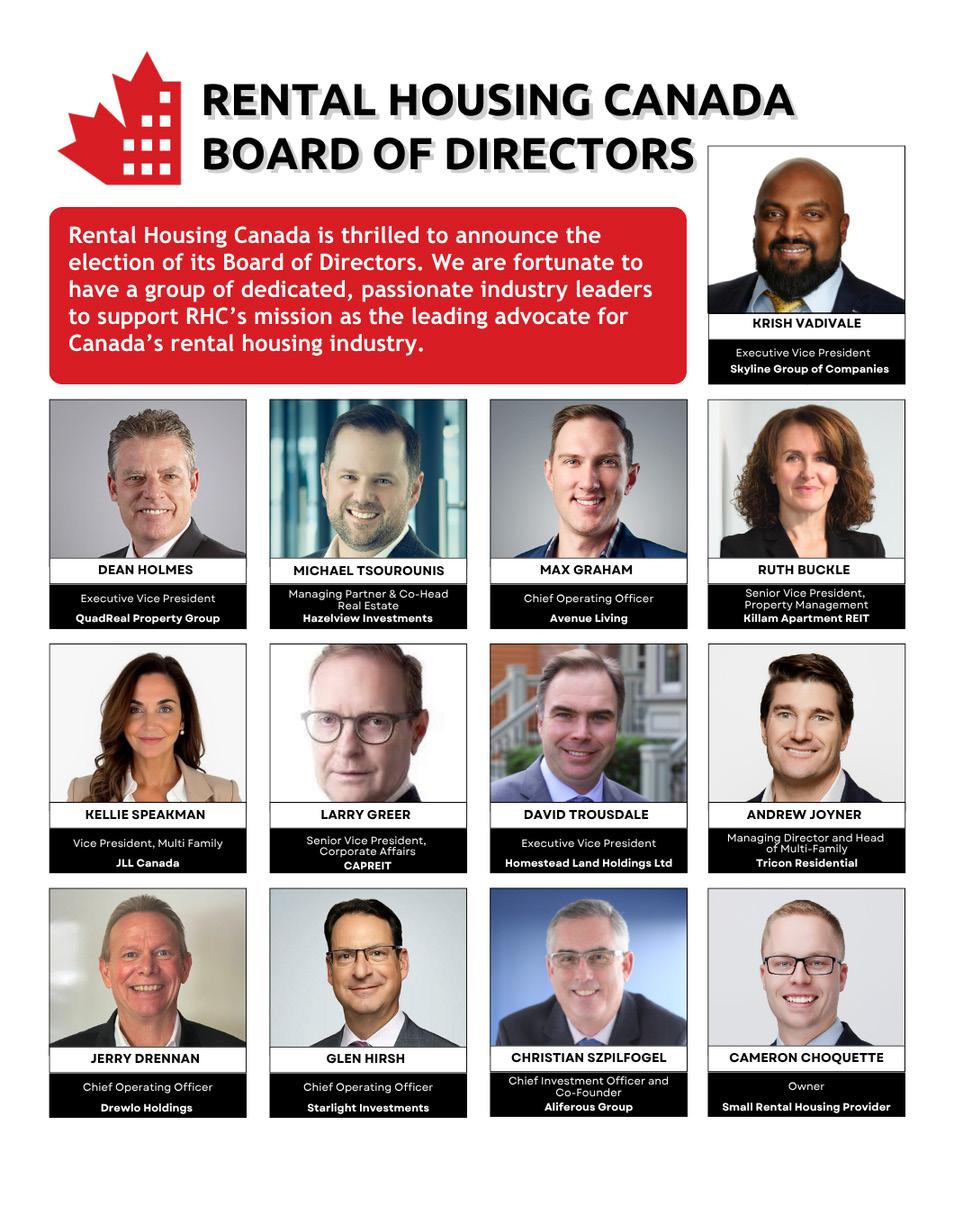
Rental Housing Canada is the leading national association representing Canada’s rental housing sector, directly serving owners and managers of nearly one million residential rental suites nationwide The association advocates on behalf of Canada’s rental housing industry, which provides quality homes for more than 10 million Canadians. The association serves as a hub for information exchange and best practices, supporting the health and prosperity of Canada’s rental housing market and the well-being of communities from coast to coast.

FAA RENTAL HOUSING ONFERENCE HIGHLIGHTS
The 2025 CFA A Rental Housing Conference brought Canada’s rental housing community together in Vancouver, where 250 industry leaders, innovators, and stakeholders gathered under the theme Partnering for Progress. Held at the Sheraton Vancouver Wall Centre, this year ’ s event delivered meaningful discussion, valuable insights, and new opportunities for collaboration across the sector.
Over three days, delegates explored the pressing issues and emerging trends shaping rental housing today - from housing supply and affordability to funding models, ESG, and proptech innovation. Thoughtful keynote addresses, practical breakout sessions, and expert panels highlighted the critical role our sector plays in Canada’s housing future and emphasized the importance of working together to navigate change.
Attendees also had plenty of time to connect. From our Buildings Innovation tour, supplier showcase, celebration dinner and partner social events, the atmosphere was energetic and forward-focused - a true reflection of the theme. A highlight of the event was the announcement of CFA A’s rebranding as Rental Housing Canada (RHC).
RHC extends sincere thanks to our speakers, sponsors, partners, and attendees for making the 2025 conference a success. We’re proud to support our members and national network as we continue building a strong and resilient rental housing industry.
We’ll see you in Ottawa for the 2026 Rental Housing Canada Conference - May 26–28, 2026 at the Rogers Centre. Save the date!


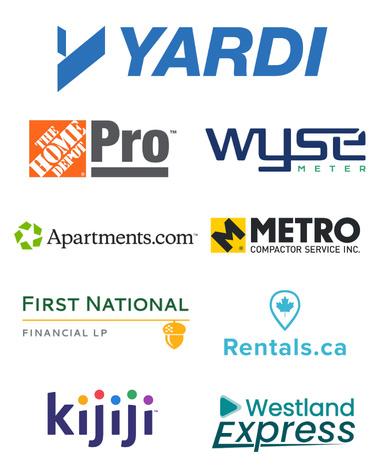
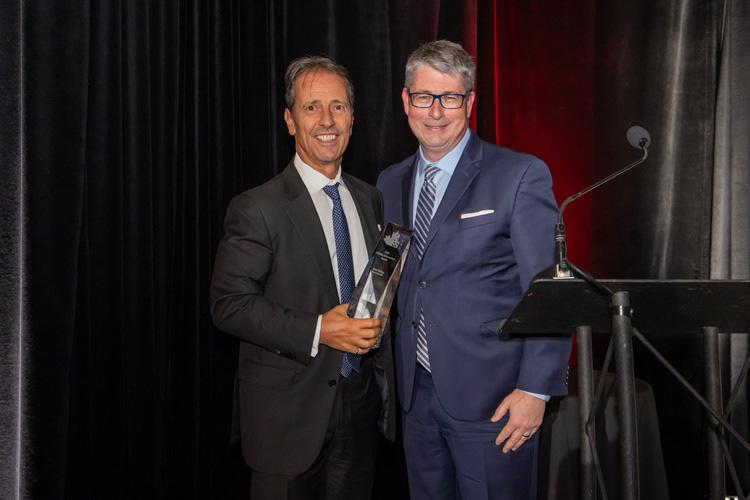




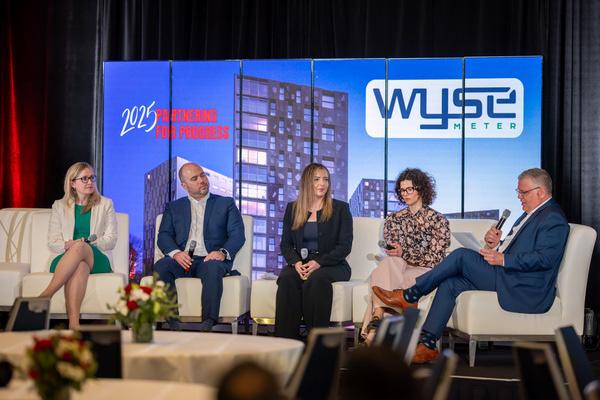


JUNE 2025
CMHC releases latest housing supply gap report
On June 19, 2025, Canada Mortgage and Housing Corporation (CMHC) released new estimates on Canada’s housing supply gaps. The report shows returning to housing affordability levels last seen in 2019 would require building 430,000 to 480,000 new housing units per year over the next decade. This would mean doubling the current pace of home construction in Canada.
The report provides specifc housing supply gaps for the country’s largest Census Metropolitan Areas (CMAs). It shows how many housing starts are needed above what would be typically need in both the home ownership and rental markets. These estimates are based on previous CMHC research on productivity levels in Canada’s building development industry. According to the report:
• Montreal faces the largest housing supply gap. Since the pandemic, and compared to local incomes, home ownership costs in Montreal have risen faster than any of the large CMAs. Strong rental construction in recent years must be expanded and matched by an increase in new units intended for the home ownership market.
• In Toronto, a 70 per cent increase in home building over the next decade would help to improve affordability. The region lacks home ownership options that match local incomes, despite the recent increases in rental property development.
• In Vancouver, 7,200 additional homes are needed annually above norm, an increase of 29 per cent. In 2023, more than 33,000 housing starts were recorded. This level of construction would help affordability issues for homeowners and renters.
• Calgary had record levels of home construction for three consecutive years and will need 45 per cent more new homes annually above the norm. This would help counter post-pandemic affordability challenges for the home ownership and rental markets.
• Ottawa-Gatineau will have the second largest housing supply gap of the CMAs. The region saw increased home building from 2021 through 2023, but new supply has not kept pace with increased housing demand.
• Edmonton does not require additional supply beyond what is currently projected, as there is suffcient market housing being built to maintain affordability by 2035.
• By province, the most signifcant housing supply gaps are in Ontario, Nova Scotia, and British Columbia.
To read the full report, visit https://www.cmhc-schl.gc.ca/professionals/housing-markets-data-and-research/ housing-research/research-reports/accelerate-supply/canadas-housing-supply-shortages-a-new-framework.
Renters seeking path to home ownership
According to a recent Royal LePage survey (conducted by Hill & Knowlton), 27 per cent of Canadian renters plan to become homeowners in the next two years. This statistic increases to 40 per cent among renters aged 18 to 34. At the same time, 69 per cent of renters do not plan to buy a home soon, and more than half of those respondents do not have suffcient income to buy a property where they want to live. Fifty per cent of renters who plan to buy a home in the next two years will have a down payment of less than 20 per cent; only 15 per cent of renters will put down more than 20 per cent. More than half the respondents (53 per cent) will use accumulated savings for their down payment, 46 per cent will use the First Home Savings Account, 29 per cent will draw on their RRSPs, and 25 per cent will use a fnancial gift or inheritance.
Before they signed or renewed their current lease, 29 per cent of renters considered buying a property. Of those respondents, 41 per cent stated they did not have enough money for a down payment, which led them to keep renting. The key motivating factors for continuing to rent were high interest rates (33 per cent) and high property prices (30 per cent). Twenty-two per cent of respondents continued to rent while saving for a down payment, while 20 per cent did not qualify for a mortgage. About four in 10 Canadian renters (36 per cent) spent up to 30 per cent of their net income on monthly rents, while 37 per cent of renters spent between 31 and 50 per cent of their income on rent. Vancouver and Toronto, which are the most expensive housing markets in Canada, had 27 and 16 per cent, respectively, spending more than half their income on rent.
NATIONAL OUTLOOK
To view all the data, visit https://www.royallepage.ca/en/realestate/news/more-than-a-quarter-of-renters-incanada-plan-to-purchase-a-home-within-the-next-two-years/.
GST relief for frst-time buyers on new homes
On May 27, 2025, François-Philippe Champagne, Minister of Finance and National Revenue, tabled legislative proposals to amend the Excise Tax Act to introduce a new GST rebate. First-time home buyers will be able to save up to $50,000 on a new home, as the GST will be removed on new homes up to $1 million and reduced on new homes between $1 million and $1.5 million.
If you are a frst-time home buyer, you may be eligible for the FTHB GST Rebate if:
• You buy a new home from a builder
• You build, or hire someone else to build, a home on land you own or lease
• You buy shares of a co-operative housing corporation
The FTHB GST Rebate will apply to the same types of housing and apply similar eligibility criteria and conditions as the existing GST/HST New Housing Rebate, with certain modifcations to ensure that the rebate is targeted at frst-time home buyers.
To qualify as a frst-time home buyer, an individual must:
• Be at least 18 years old
• Be a Canadian citizen or a permanent resident of Canada
• Not have lived in a home, whether in or outside Canada, they owned or that their spouse or commonlaw partner owned in the calendar year or in the four preceding calendar years
Together with the existing GST/HST New Housing Rebate, the FTHB GST Rebate would provide for a rebate of 100 per cent of the GST on new homes valued up to $1 million. It would be phased out for new homes valued between $1 million and $1.5 million.

